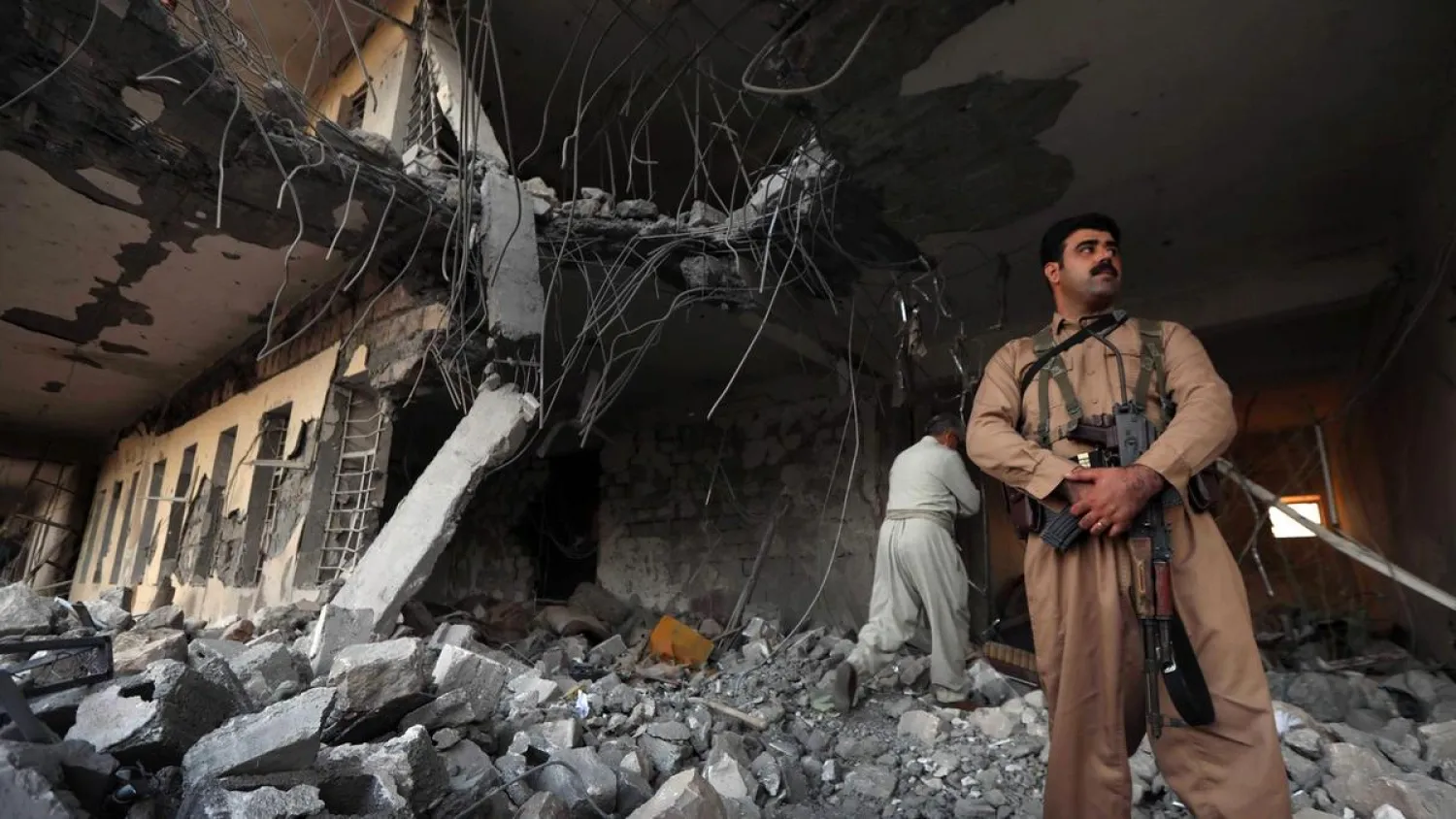Gunmen from opposition Iranian Kurdish parties are increasing their activities on the Iranian border, prompting the army to boost its presence along the border with Kurdistan Region, according to residents of the Sidakan village, 90 kilometers northeast of Erbil in the Soran district.
Soran mayor, Kirmanj Izzat said the army has been amassing its forces there since last fall in anticipation of any military action.
He told Asharq Al-Awsat that the military has set up more surveillance points on the mountains, but has not entered the Region yet.
“We do not have accurate information on the size or strength of those forces,” he announced.
He indicated that the armed groups of the Iranian Kurdish opposition parties are still active, especially near the mountainous border.
Izzat expressed serious concerns about the possibility of an escalation in light of the ongoing operations by the gunmen, who are good at infiltrating deep into Iranian territory, despite the heavy military deployment.
He pointed out that this will negatively affect the situation in the border areas within the Kurdistan Region, calling on the opposition parties to consider the political and security conditions and withdraw from the area.
Izzat expressed concern over renewed escalation, citing Iranian artillery shelling that killed an 18-year-old girl and injured two of her brothers in the border village of Derri two months ago.
He noted that the Peshmerga forces of the Kurdish regional government are fully capable of controlling the security in the border areas, but they can not control the mountainous border.
Mayor of Derri, Sabri Kamal said that the residents had warned the gunmen against staying in their positions or launching attacks against Iran, which would provoke a response from Tehran that would harm the locals. The residents would take up arms and kick them out by force if they have to.
Derri is located at the foot of the mountainous border and sometimes comes under Iranian bombardment.
Kamal told Asharq Al-Awsat that the residents would be forced to defend themselves if the authorities continued to neglect the security of the village.
Residents were forced out of the village after the Iranian shelling burned down their farms and fields and regional authorities did not provide them with any compensation.
The opposition gunmen responded to the warnings and relocated their headquarters a few kilometers away from the village, but they are still in the area, said Kamal.









